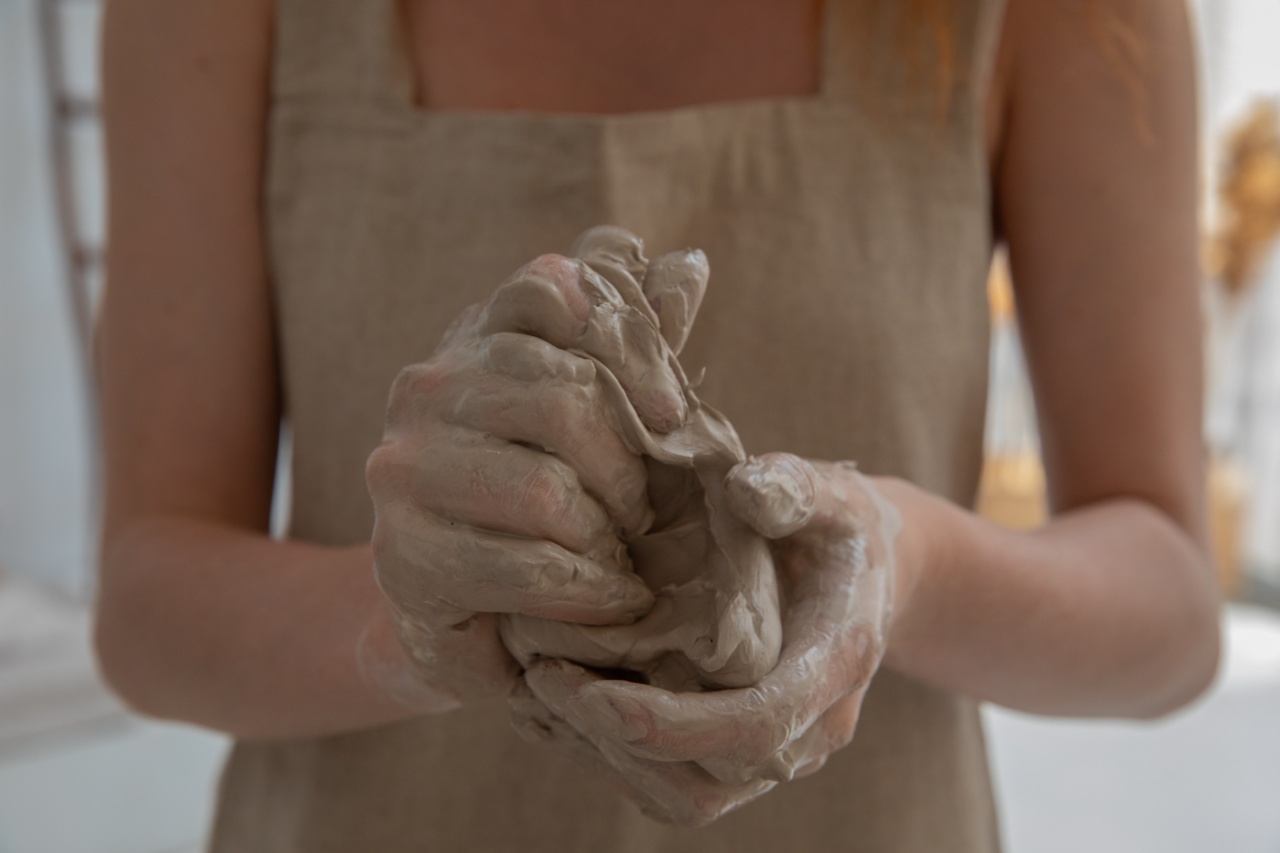Acne can be a frustrating and uncomfortable skin condition to deal with, but there are many natural remedies that can help. One such remedy is a DIY acne-fighting clay mask.
Clay masks can be excellent for absorbing excess oil, unclogging pores, and reducing inflammation – all of which are key factors in combating acne.
While there are many clay mask products available on the market, making your own can be a cost-effective and customizable option. Plus, you can feel confident knowing exactly what ingredients are going onto your skin.
Here’s a simple, all-natural recipe to try at home:.
DIY Acne-Fighting Clay Mask Recipe
To make this mask, you’ll need:.
- 1/2 cup bentonite clay
- 1/4 cup apple cider vinegar
- 1 tbsp. honey
- 1 tsp. turmeric powder (optional)
Here’s how to make it:.
- Mix the bentonite clay and apple cider vinegar together in a non-metallic bowl. The mixture will fizz slightly – this is normal!
- Add in the honey and turmeric powder (if desired) and mix well until everything is combined into a smooth paste.
- Apply the mask to your face using clean hands or a brush, avoiding the eye area.
- Leave the mask on for 10-15 minutes, or until it has dried completely.
- Rinse off the mask with warm water and pat your skin dry with a towel.
Why These Ingredients Work
Each ingredient in this mask serves a specific purpose in fighting acne:.
Bentonite Clay
Clay masks are a popular choice for acne-prone skin because they are highly absorbent. Bentonite clay, in particular, is well-known for its ability to draw impurities and excess oil out of the skin.
This makes it an effective tool for unclogging pores and preventing breakouts.
Apple Cider Vinegar
Apple cider vinegar (ACV) is a natural astringent, which means it has the ability to tighten and tone the skin. Additionally, it has antimicrobial properties that can help kill bacteria that might be causing acne.
ACV can also help to balance the skin’s pH, which is important for overall skin health.
Honey
Honey is known for its antibacterial and anti-inflammatory properties, making it a great ingredient for fighting acne. It can also help to soothe and moisturize the skin, which can be especially beneficial if you have dry or sensitive skin.
Turmeric Powder
Turmeric has long been used in traditional medicine for its anti-inflammatory properties. While it may not directly fight acne-causing bacteria, reducing inflammation in the skin can be beneficial for preventing breakouts and promoting healing.
Tips for Using the Mask
Here are some important things to keep in mind when using this mask:.
- Always patch test before using any new skincare product, including this mask. Apply a small amount of the mixture to a small area of your skin (like your forearm) and wait 24 hours to see if you have any allergic reactions.
- Be careful when mixing the mask – use a non-metallic bowl and spoon, as metal can affect the efficacy of the bentonite clay.
- Avoid using this mask if you have extremely dry or sensitive skin. While this mask does contain moisturizing ingredients, the bentonite clay can be drying for some skin types.
- Don’t leave the mask on for too long – once it has fully dried, it’s time to rinse it off. Leaving it on for too long can actually have the opposite effect and cause irritation or dryness.
- Always follow up with a moisturizer after using this mask, as it can be drying for some skin types.
Conclusion
A DIY acne-fighting clay mask can be a great addition to your skincare routine if you’re looking for a natural solution to acne.
This particular recipe is affordable, customizable, and contains all-natural ingredients that have been shown to be effective for reducing inflammation, unclogging pores, and preventing breakouts. Give it a try and see how it works for your skin!.































